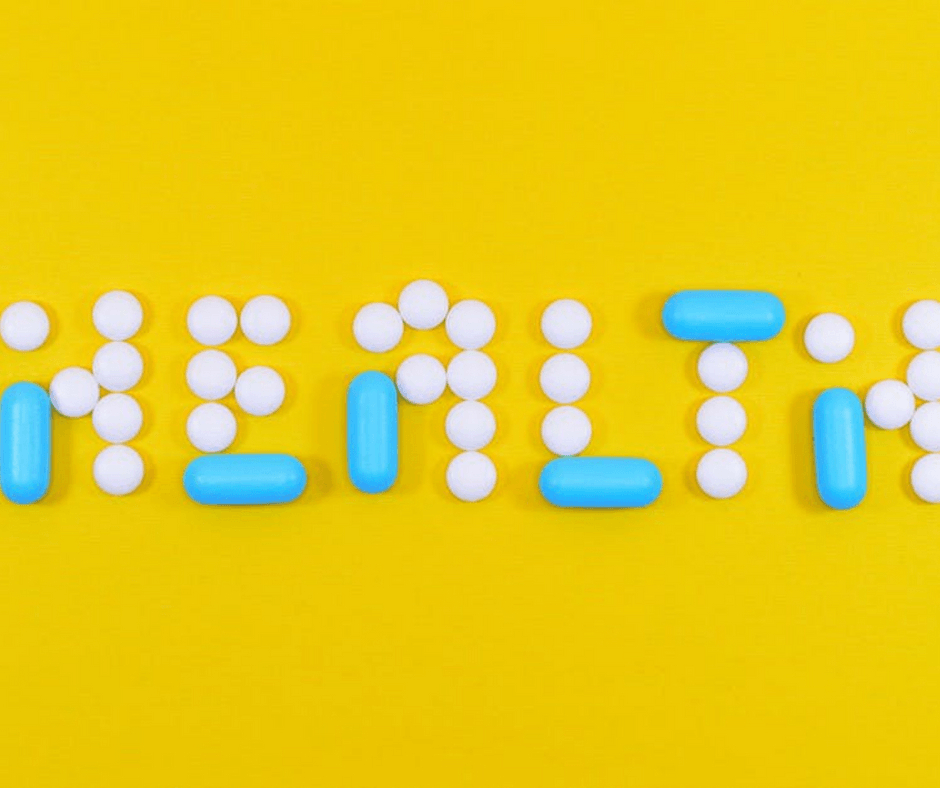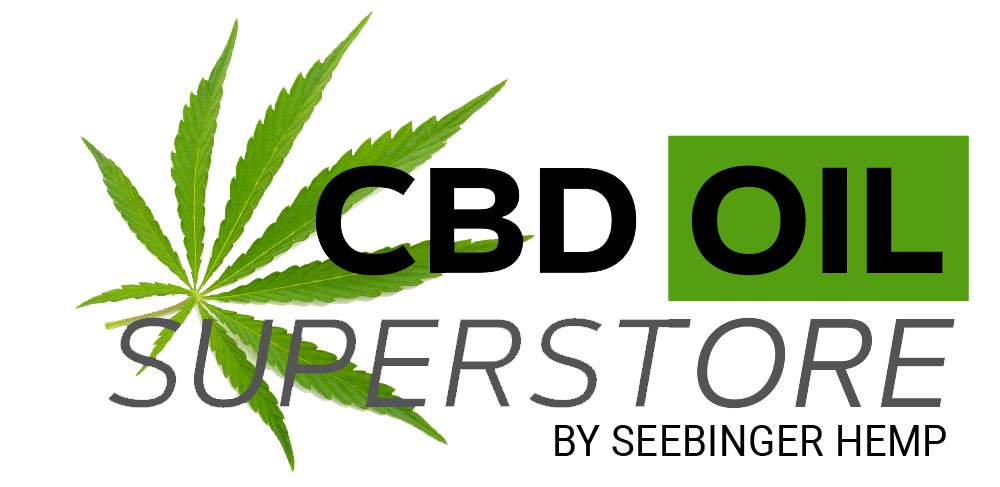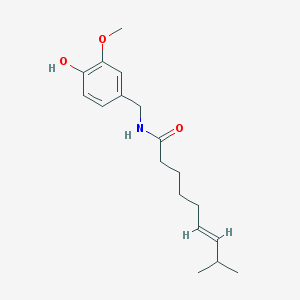What is Capsaicin?
Capsaicin is the main capsaicinoid in chili peppers.
Natural function
Capsaicin found plants of the genus Capsicum, specifically in its fruit. Fruit is defined as a ripened ovary and not surprisingly, higher concentrations are found in placental tissue. However, membranes associated with the seeds, but not the seeds themselves, seem to have the most potent levels of capsaicin. Capsaicin activates certain neurons that are associated with both heat and pain. It’s what makes people describe foods such as chile as “hot.”
Medical
Why do people scratch an itch? Basically, the scratching stimulates the nerves and distracts the person from the itching sensation. Similarly, Capsaicin can be used to trick the body away from the sensation of pain. That’s why you can find it used in some topical ointments like Seebinger Hemp’s Hatch Red Chile Cream.
You can find more information at https://en.wikipedia.org/wiki/Capsicum According to The Scientific Literature on Selected Herbs, and Aromatic and Medicinal Plants of the Temperate Zone, plants associated with Capsaicin have been used for remedies including asthma, cramps, arthritis, etc. Thanks to grants National Science Foundation and the National Geographic Society Committee for Research and Exploration, people have been able to study these uses in greater detail leading to works such as Where did the Chili Get its Spice? by Joshua J. Tewksbury and associates.
History
According the Chemical Abstract Society, capsaicin was first reported in the 19th century and synthesized in 1930 ( see https://www.acs.org/content/acs/en/molecule-of-the-week/archive/c/capsaicin.html )
These statements have not been evaluated by the Food and Drug Administration. Some Seebinger Hemp products contain Capsaicin and are not intended to diagnose, treat, cure, or prevent any disease.
The post What is Capsaicin? appeared first on Seebinger Hemp.
Recent Posts




